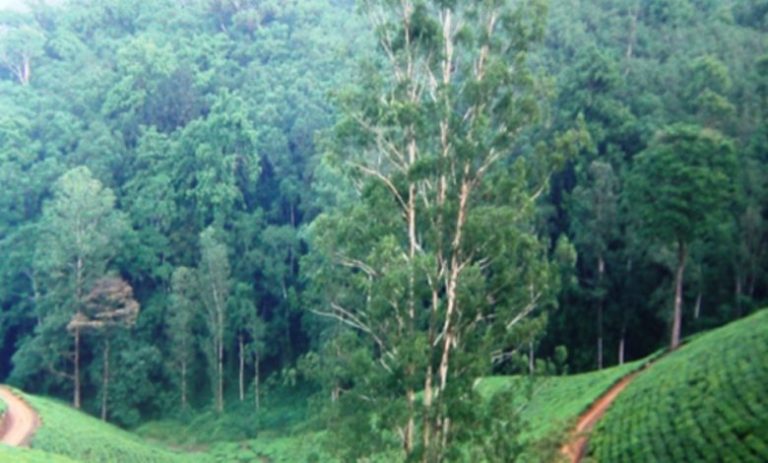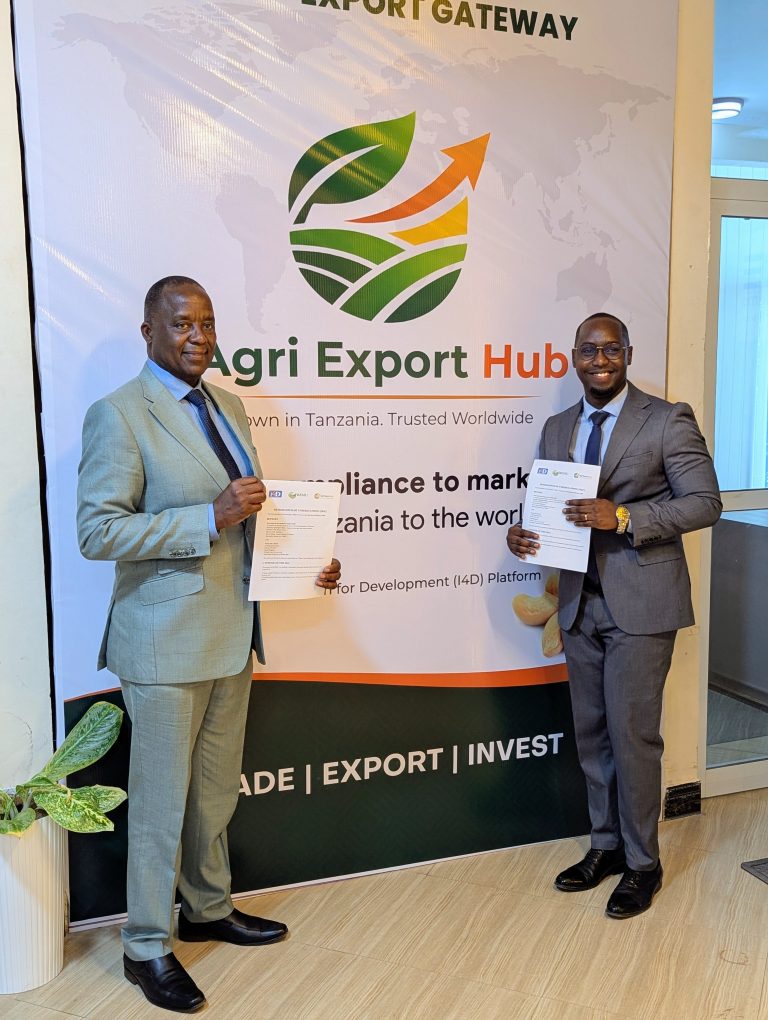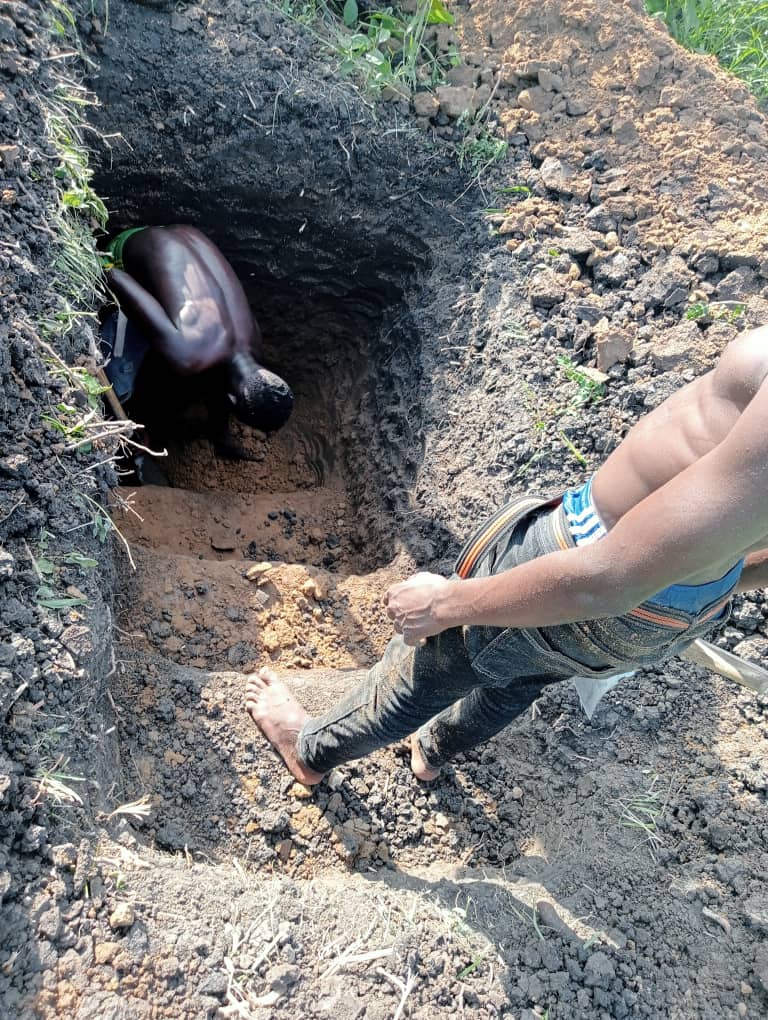
DODOMA. PRESIDENT Samia Suluhu Hassan has said the sixth phase government will in the five years ahead work to ensure Tanzania stands among the giant producers of maize, rice and vegetables across the continent.
To operate under the impetus theme of ” Agriculture is business, a farmer is an investor”, the Head of State said the government has set to implement an array of key initiatives for the total transformation of the agriculture sector by 2030.
The president unveiled the strategy for the metamorphosis of the agriculture sector on November 14, 2025 in her remarks to inaugurate the 13th Parliament in Dodoma Capital City.
With an eye to ensure the country’s agriculture sector grows from the current 4 percent to at least 10 percent as of 2030, the government will embark on strategic moves to modernize performance of the sector, according to President Samia.
The strategy, among others will incorporate a major increase in the production and mass use of improved kernels among the local farmers, availability and application of preferable fertilizers, and other necessary agricultural inputs.
Moreover, President Samia unveiled that the government, through the ministry of agriculture will work to improve availability of irrigation water to local farmers in order to boost production and productivity in the vital sector in which the national economy hinges.
“In the five years to come, the government will work to heighten irrigation acreages in the country, from the current 3.4 million hectares to 5 million hectares by 2030,” the President revealed.
In the same vein, she said there will be construction of a vast irrigation scheme at the Rufiji River Valley, as well as completion of various irrigation scheme projects that are at different stages of implementation across the country.
“The government will also establish special mechanisation centers where the farmers can have the opportunity to hire modern agricultural implements in order to modernize their farming activities,” President Samia said.
The President said the vision is to ensure the local farmers are equipped with all necessary facilities in order to improve productivity, especially in the sectors of maize, rice and vegetables.
Impeccable statistics at the ministry of agriculture depicts that maize production in Tanzania has increased, whereby for the first time Tanzania has managed to produce 11.7 million tonnes that led to the third producer of maize in the African continent.
Pertaining to rice, Tanzania is a leading producer in Africa, with production estimated at over 3 million metric tons annually and growing. The crop is a vital source of food and income, with production occurring in lowlands and uplands.
For the vegetable sector, production in Tanzania is a significant and growing, primarily handled by smallholder farmers using both traditional and modern techniques, with common crops including tomatoes, onions, and cabbage.
The sector is crucial for both food security and income, although it faces challenges like limited access to quality inputs, markets, and technology, as well as pests, diseases, and climate change impacts.
Despite being a top producer, Tanzania does not rank among the top exporters of fresh vegetables, as the majority of its produce is for local consumption.






